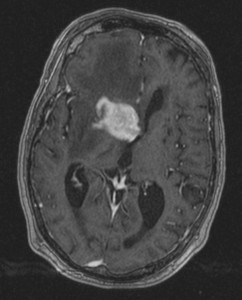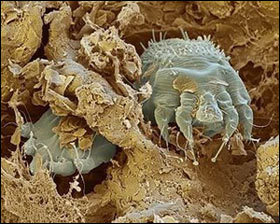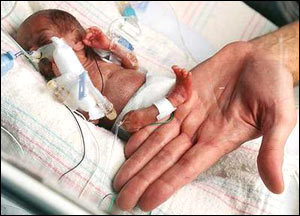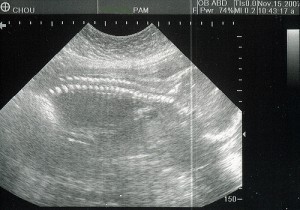Tumors are abnormal growths that may occur in any part of the body, most often internally. This develops when there is an imbalance in cell division in the body. This imbalance meanwhile may be the result of a number of causes not least of which is poor diet and genetics.
Tumor sizes vary. It can be as small as a grain of rice or as big as a grape, golf ball; sometimes bigger. From one centimeter to three centimeters; tumors can grow as big ten centimeters and even up to a staggering three feet in diameter!
Determination of size actually depends on how long the tumor has been lodged on the body part before it was discovered. Some patients may already have tumors that they are not aware of because these are so small that they cannot be easily felt by hand and they display no symptoms.
There have been conflicting opinions about the relationship between tumor size and cancer stage where many believe that the bigger the tumor, the more aggressive the cancer is.
Others believe that tumor size is not a determining factor in cancer stage.
First of all, having a tumor on any part of the body does not necessarily mean that the patient already has the Big C. There are benign tumors which mean they are not cancerous at all and there are malignant tumors which, in this case, mean they are cancerous.
The best way to determine whether or not a tumor is cancerous is to have it biopsied. During a biopsy procedure, the doctor will take out cells or tissues from the tumor and have these tested in a laboratory to see if the tumor is benign or malignant.
Tumors can grow on any part of the body, from the skin to the internal organs such as the lungs, breast, kidney, intestines, colon, rectum, ovary and brain.
Sometimes benign tumors that exhibit no symptoms are left alone by the doctors unless they pose a risk that could inhibit normal functioning of the organ where the tumor was found.
When tumors are malignant, several medical procedures may be required. Removal of the tumor, chemotherapy and radiation are only some of these procedures. Other times, medications are accompanied by these procedures.
Development of tumors can be prevented by eating a healthy diet, doing regular exercises, and avoiding addictive substances such as nicotine and alcohol. However, if you have a family history of cancer; the risk of developing similar diseases increases.
This is why regular check-ups, at least once a year, is recommended for people at high risk of developing cancer.






